IRSA reaffirms water distribution
Shoro says withdrawal from TP canal increased
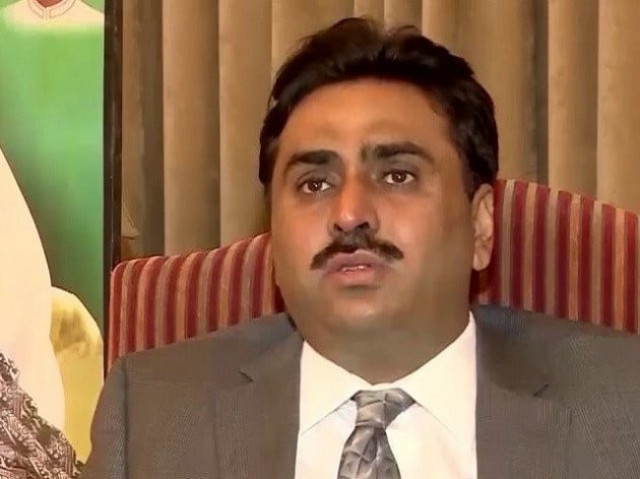
The Indus River System Authority (Irsa) on Wednesday reiterated its decisions regarding water distribution among provinces, stressing that the water apportionment was strictly in accordance with the 1991 Accord.
A high-level Irsa meeting chaired by its chairman reviewed the water allocations as well as the letters received from Sindh and Punjab. Sindh had raised serious objections to the water withdrawal from Taunsa-Panjnad (TP) Link Canal.
The Sindh government had written a letter to Irsa against the opening of the TP canal, on Wednesday. The government wrote another letter to the regulator, saying that despites its complaint, the water withdrawal had been increased.
An Irsa spokesperson said in a press release that the meeting reviewed the distribution of water and the letters of Punjab and Sindh provinces. "Irsa expressed full confidence in all its decisions related to water distribution," the spokesperson said.
The spokesperson also stated that Irsa "is taking all decisions in accordance with Water Apportionment Accord 1991 and IRSA Act XXII 1992 as per law", adding that the authority reposed full confidence in all its members and chairman.
In Karachi, the Sindh government said that another protest letter to the Federation and Irsa had been sent after the withdrawal of water from Indus river system through the TP canal had been increased despite the province's serious objections.
Irrigation Minister Jam Khan Shoro said that 3,800 cusecs of water was being taken through the TP canal, adding that Punjab was given water from the Indus river, rather than from the Jhelum-Chenab zone. "There is no water for cotton and rice crops in Sindh."
And, talking to the media persons at the Dow University of Health Sciences, Sindh Chief Minister Murad Ali Shah severely criticised the Punjab government for opening the TP Link Canal, despite Sindh's objections.
"We are currently facing a 50% water shortage. In such a situation, opening the TP Link Canal is a highly irresponsible move. With this Punjab has weakened its own case on the Indus canals, while Sindh's position got stronger," Shah stated.
Meanwhile, Punjab Assembly Speaker Malik Muhammad Ahmed Khan also weighed in on the issue, suggesting that the representatives of the two provinces should sit together to sort out the canals and other issues. "I don't think there will be any problem if we sit down together," the speaker said.

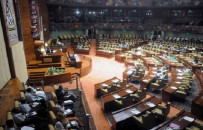



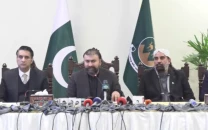
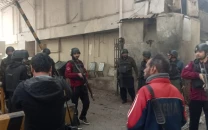

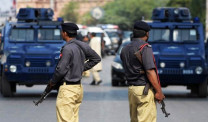















COMMENTS
Comments are moderated and generally will be posted if they are on-topic and not abusive.
For more information, please see our Comments FAQ